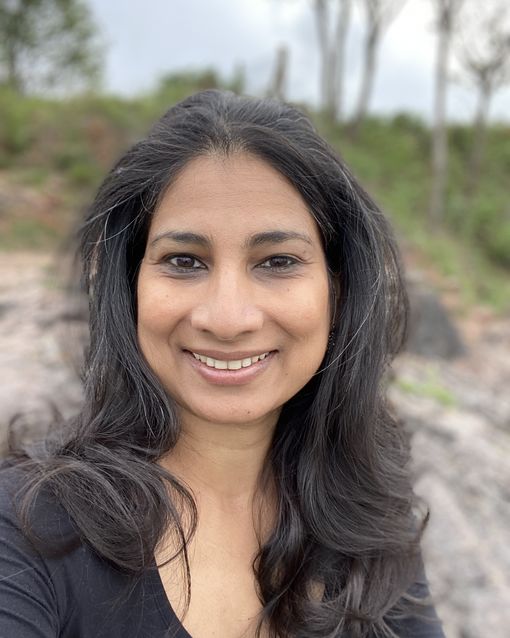Profile
I am a first generation Indian immigrant who arrived in the UK in late 1990s to pursue my higher education. On completing my university years I chose to make the UK my home, and have built a career in British academia over the last two decades. I attended predominantly white undergraduate and postgraduate programmes vis-à-vis their curriculum content. I was taught by only two lecturers during my time at university who were from Black and Global Majority communities. I studied alongside white-only student cohorts. There was very little interrogation from students and faculty alike about the predominant whiteness of the learning environments we found ourselves in, and the curriculum content we engaged with.
In my first academic position in a theatre department, I found myself to be, like so many of us, the only Global Majority faculty member. Soon after I joined I was handed over the responsibility of ‘World Theatres’, a module written by another colleague before I arrived as a whistle-stop tour across performance traditions beyond Europe. For many years, I found myself repeatedly having to make the case for critical theory on this undergraduate programme, so that students were equipped with the language and ideas to problematise such modules. I felt I owed this to my racially diverse student cohorts who did not find their realities reflected in their curriculum. I wanted them to be able to question their programmes and the systems that exclude racially minoritised peoples and perspectives in classrooms.
British universities are institutionally racist – as recently and publicly recognised in a UUK report. Foundational to their designs are white, ableist, classist, male, heteronormative values. And integral to their survival are strategies that keep these power asymmetries in place. No amount of ‘diversity’ initiatives and unconscious bias training – all of which merely amount to nothing more than placing plasters over festering wounds – will address the deeply seated nature of race inequities that fuel UK’s academia. These initiatives are not only ineffective at bringing about institutional change, they are also not means through which justice can be achieved, because their real purpose is to minimise organisational risk, as recently argued by Dr Muna Abdi. What is required are sustained, difficult, open and uncomfortable conversations that speak truth to power. What is required is for those in positions of power to really, really listen to and believe those whose experiences have long been silenced and ignored at their decision-making tables. What is required is for these conversations to lead to action and long overdue change.
This Independent Equity Committee promises to enable a structure that is designed to hold RCSSD accountable in their journey towards such change-making, and I am honoured to be a part of this process.

